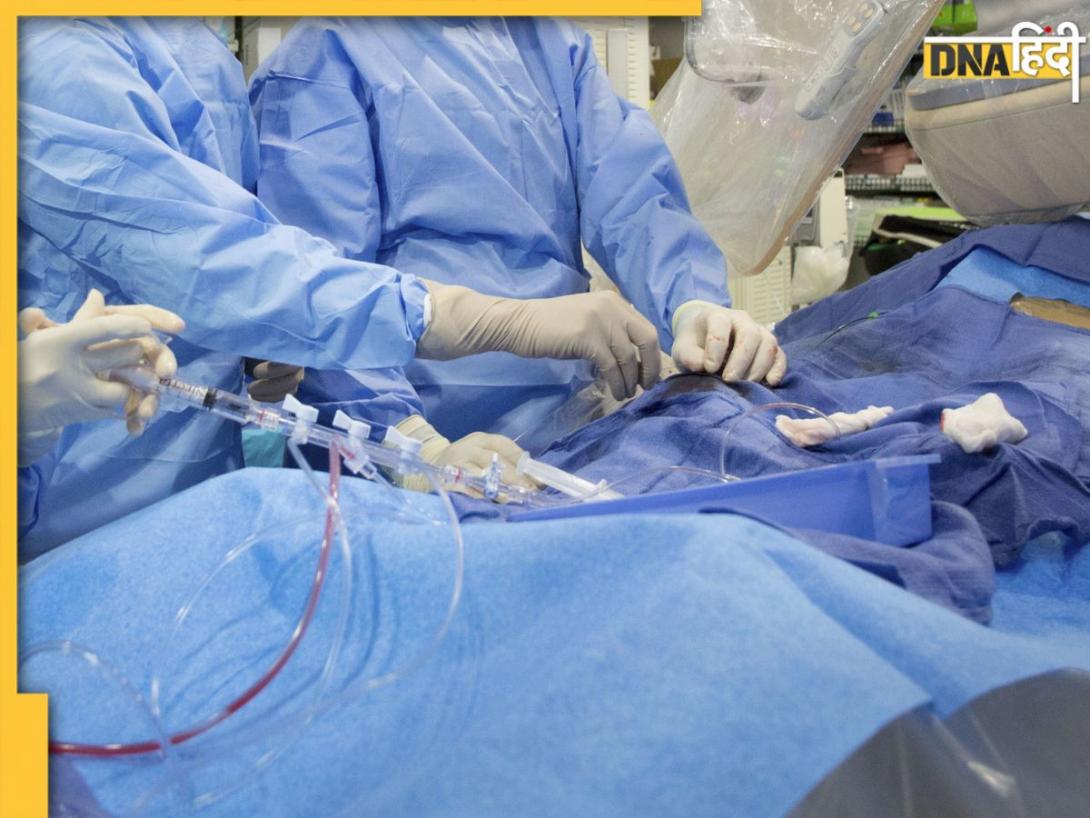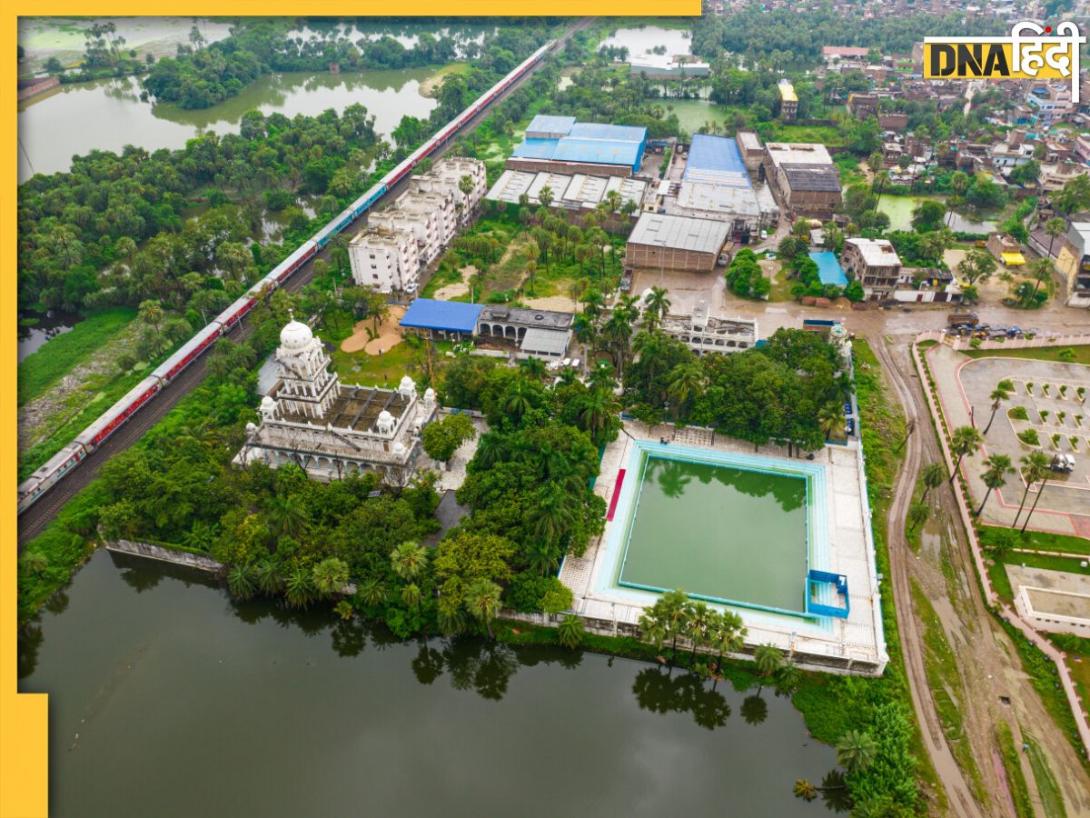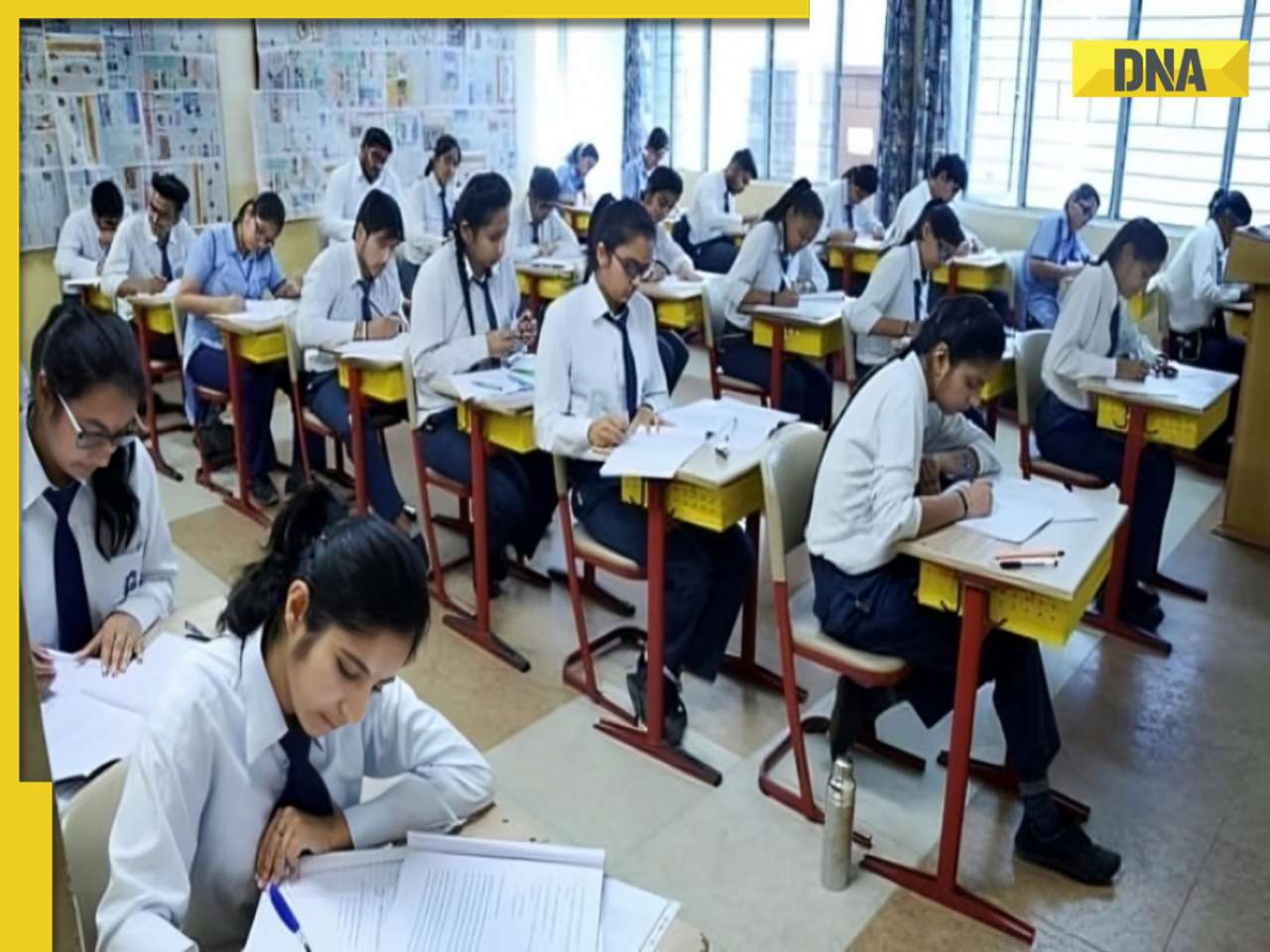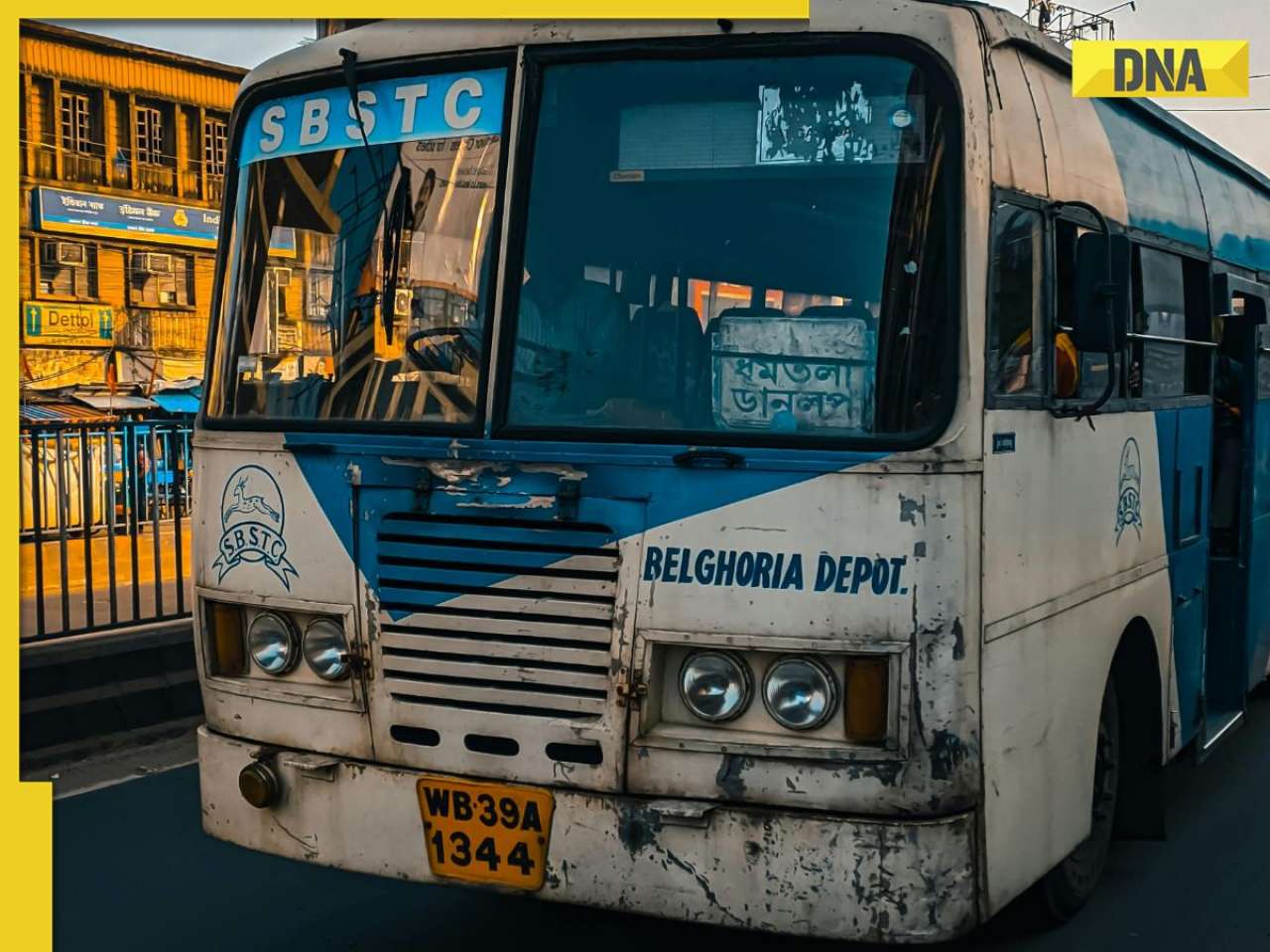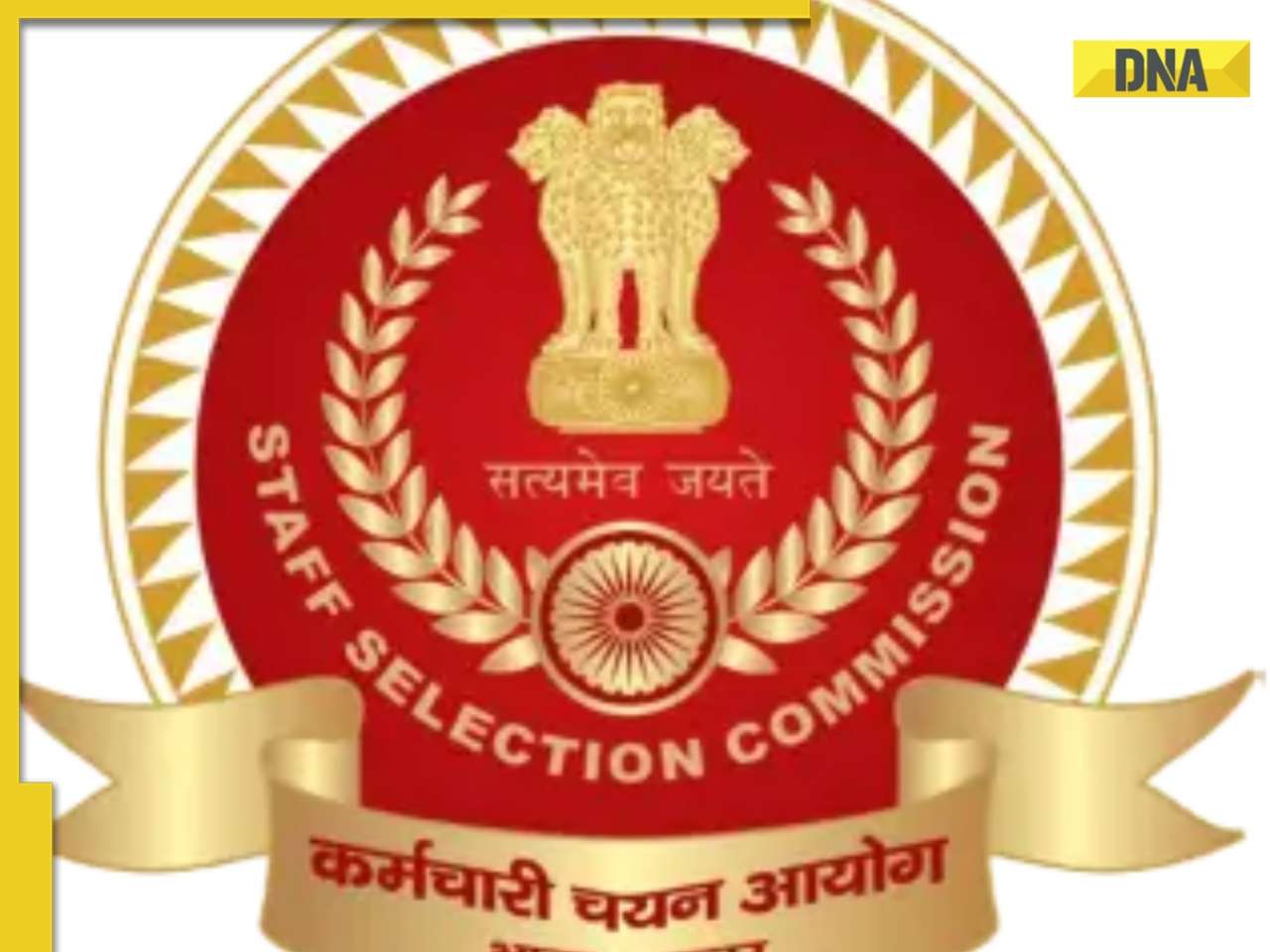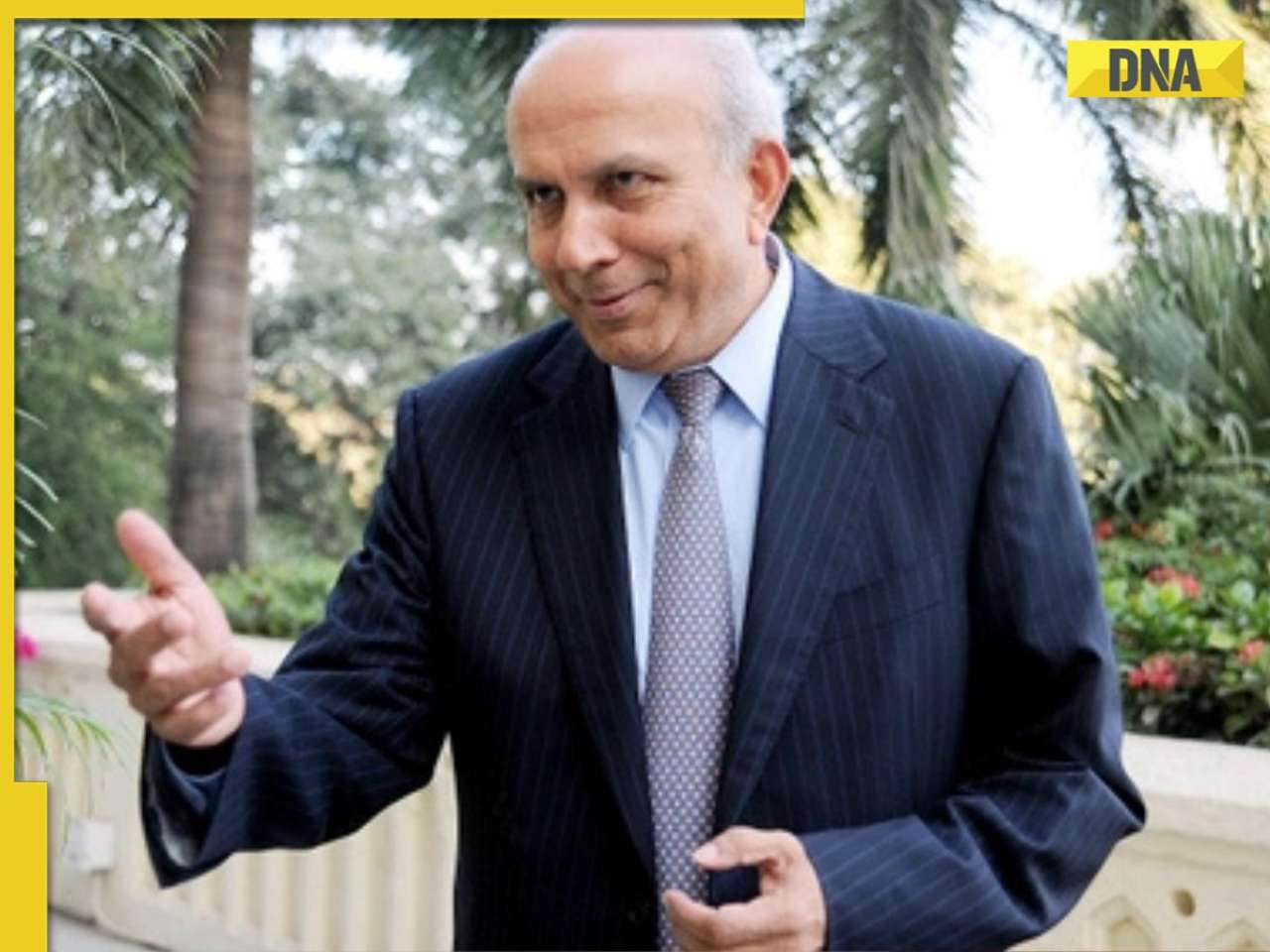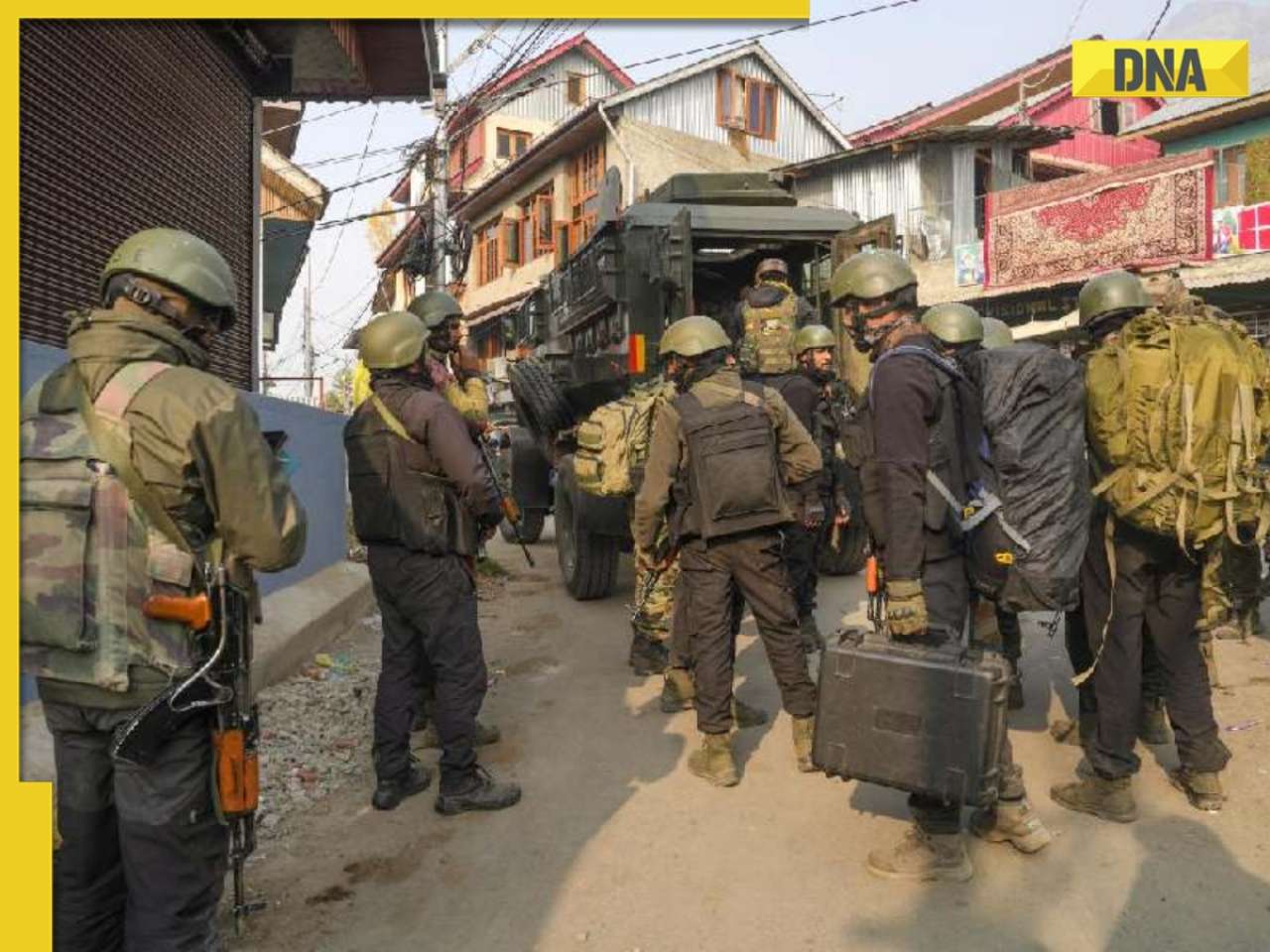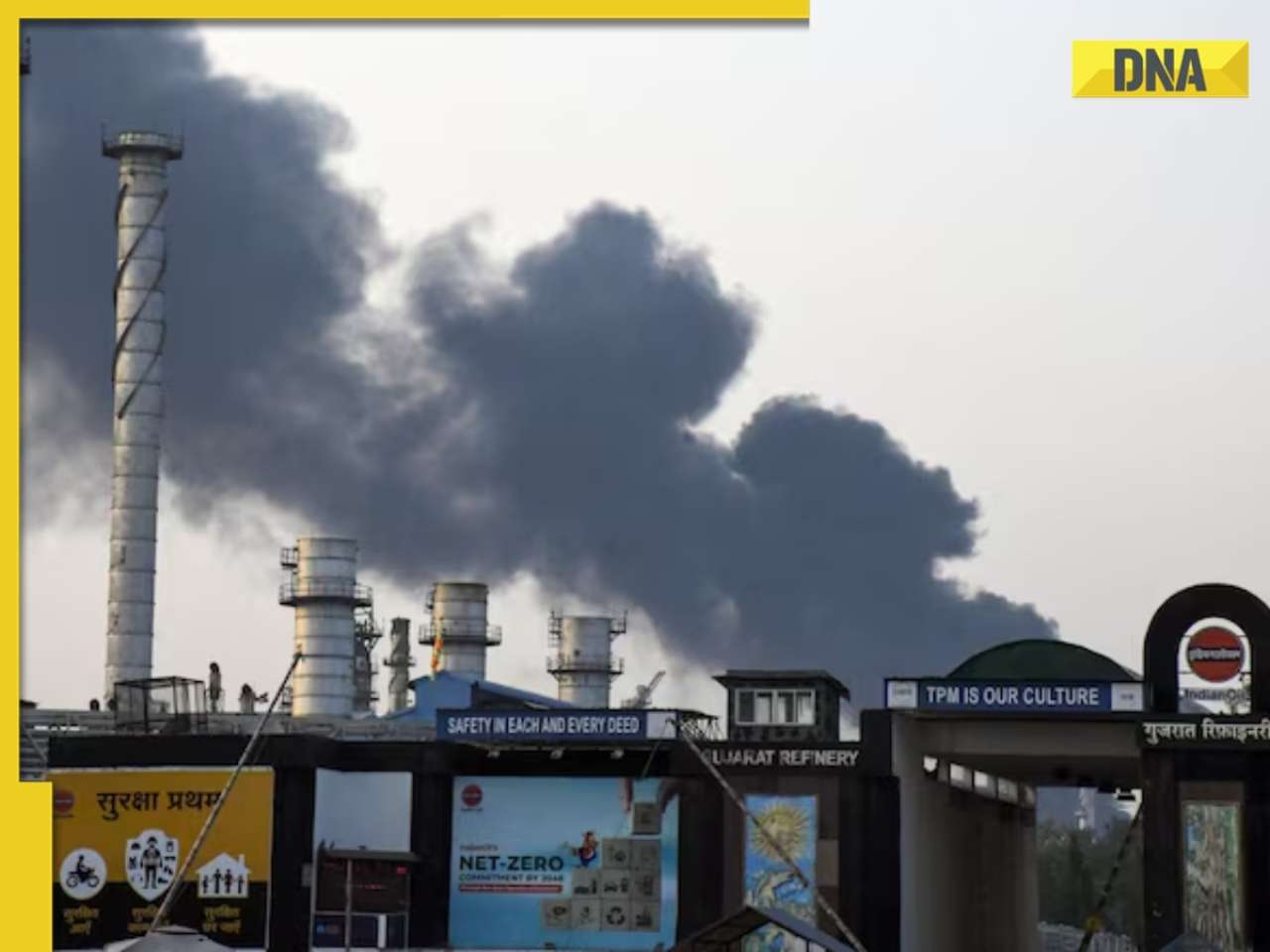- LATEST
- WEBSTORY
- TRENDING
INDIA
#MissionRaftaar: Delhi to Mumbai in just 10 hours as railways to upgrade Rajdhani track
"After approval of the Central government, Mumbai - Delhi route will be upgraded to run Rajdhani Express at 160 kmph to cut the travel time to nearly 10 hrs, under #MissionRaftaar," Railways said.
TRENDING NOW
Rajdhani Express will cut short travel time between Delhi and Mumbai to just 10 hours under railways #MissionRaftaar. The train currently takes somewhere around 15-16 hours to travel between the two metros.
This was confirmed by Western Railways as it took to Twitter saying, "After approval of the Central government, Mumbai - Delhi route will be upgraded to run Rajdhani Express at 160 kmph to cut the travel time to nearly 10 hrs, under #MissionRaftaar."
Northern Railways has said that Delhi-Mumbai route will be upgraded to run Rajdhani express at a speed of 160 kmph. Rajdhani express currently covers the distance at a speed of 130 kmph, therefore, by increasing the speed, Railway aims to cut short the journey time by up to 5 hours.
Indian Railways initiative '#MissionRaftar' was first introduced in 2016-2017 with an aim to upgrade major routes to run trains on high speed from their existing speed.
Meanwhile, Indian Railways soon will also be the country's first organisation to ban the use of plastic.
Once again taking it to Twitter, the Indian Railways said, "It will be the first major organisation to ban single-use plastic material from October 2, 2019."
Ministry of Railways has directed all railway units to enforce a ban on single-use plastic material, with less than 50 microns thickness from 2 Oct, to minimize generation of plastic waste and its eco- friendly disposal. Strict enforcement is to be from 2 Oct. pic.twitter.com/ftAAMjEnOa
— ANI (@ANI) August 21, 2019
The Delhi-Mumbai train route is one of the busiest Indian railways routes as it connects the country's capital to the financial capital Mumbai. The route is also one of the busiest in terms of train traffic.
In addition to this, Indian Railways has also set a target of going for 100% electrification by the end of 2022. With this, the Indian Railways aims at doing away with all diesel locomotives and ensuring reduction in operating cost of trains.
Once 100% electrification is enabled across the railway network, the pollution emanating from trains is likely to go down considerably.
Apart from this, the average speed of trains operating in the country will also increase after all routes go for electrification. The operating cost of trains will also be reduced at a large scale, with the saving on diesel prices.
(With inputs from ANI)
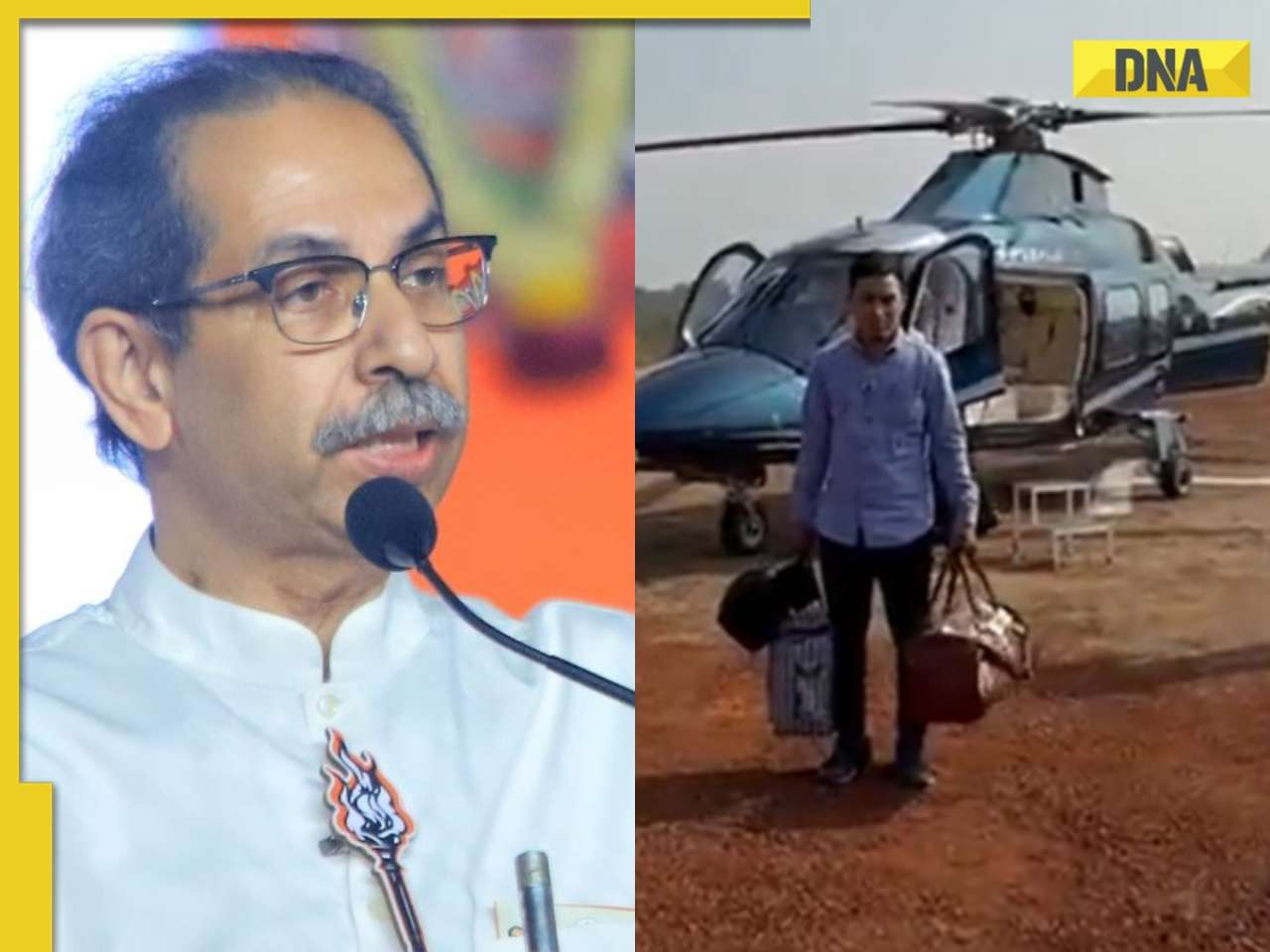






)

































